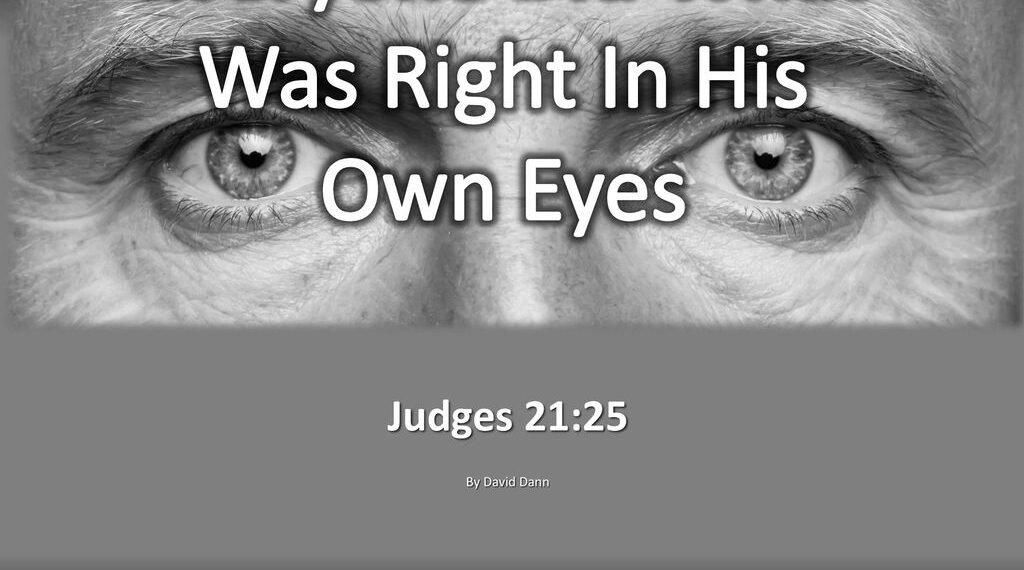Table of Contents
Judges 21:25
We live in the land of the free and more than ever, many are taking their freedom more literally than ever. We are witnessing a monumental increase in lawlessness across America and throughout the free world. There is little respect for the law of the land. If you offend someone with your opinions, they may assault you. Almost daily road rage incidents occur and frequently end in accidents and/or shootings with serious injuries or death. We have noticed that many, and especially young people, take an eye for an eye and a tooth for a tooth literally and prefer taking matters into their own hands rather than allowing law enforcement to work on their behalf. Immorality seems to be at an all-time high. Social restraints and spiritual moorings are cast off allowing for personal expression, choice, and freedom from suffocating inhibitions. The government encourages much of this with new legislation to make sin more respectable and lessen guilty consciences.
1. This is not a new phenomenon
This is not a new phenomenon. Rather it is a continuation of societal failure that began more than six thousand years ago when the generation of Adam cast off the knowledge of God and live free of the spiritual and moral restraints that had been passed from Jehovah God down through the first couple and to their children. The result was spiritual and social decline in that order. As a result, the moral collapse resulted in worldwide flood and the destruction of all flesh except for Noah and his family. At the time of the flood, the nation of Israel had not yet been birthed and come into national existence.
Many years later, after the birth of Israel and following the passing of its two strongest leaders/judges, Moses and Joshua, and before the establishment of its monarchy under Saul and David, an interesting phrase is found four times in the book of Judges: “In those days there was no king” (17:6; 18:1; 19:1; 21:25). Government and rule were placed in the hands of judges selected by God. Even with godly influences and judgments, however, Israel was not faithful to the Lord, but lapsed into sinful ways. Three times we read this statement, “And the children of Israel did evil in the sight of the Lord” (Jdgs. 2:11; 3:7; 6:1). And three more times we find this declaration, “And the children of Israel did evil again in the sight of the Lord” (3:12; 10:6; 13:1). Why did they do evil again and again? Because they “forsook the Lord.” This statement is found four times in total in the Old Testament. Twice it is used in Judges (2:12,13), once in 1 Kings 9:9, and once in 2 Chronicles 7:22. Another interesting description that describes the times and conditions in Israel is this: “but every man did that which was right in his own eyes.” The Spirit of God only allowed it to be used twice in Judges (17:6; 21:25).
2. The pervading sinful spirit
The pervading sinful spirit of abandoning and forsaking God that led to judgment on the children of Israel, that sinful spirit of lawlessness and everyone doing that which is right in their own eyes characterizes where we are as communities and individuals. This is the subject we want to consider in this lesson. Looking at the spiritual conditions in Israel at that time, and those present in ours, doing that which is right in one’s own eyes set a dangerous precedent.
Israel did “that which was right in their own eyes” speaks to the fact of a controlling and rampant spiritual apathy blanketing the hearts of the people. After years of being led and directed by the godly influences of Moses, then Joshua, and their successors, there was no king in Israel, no spiritual leader who could ignite and arouse the spiritual interest of the people in their relationship to the Lord and provide spiritual direction. The priesthood, although established, was weak. As a result, a spirit of apathy developed and pervaded the hearts of the children of God, and everyone did whatever they believed was right in their own eyes.
Apathy is a display of disinterest, lack of emotion, insensitivity, lack of concern or faith. One writer described it saying, “Apathy is a spiritual numbness that creeps in and corrupts the good that God intends for our life and the good that He wants us to accomplish for Him and His kingdom.” Because there was no king, prophets to admonish the people, a strong high priest that could intercede on their behalf, there arose scoffers that derided the truth, deniers of the word of God. They would say, “That is how you interpret the law. That is not what it means to me.” Consider the generation in the days when Peter ministered. He wrote of them saying “there shall come in the last days scoffers, walking after their own lusts, And saying, Where is the promise of his coming? for since the fathers fell asleep, all things continue as they were from the beginning of the creation” (2 Pe. 3:3-4). Spiritual numbness blanketed the heart of the church of Laodecia, and the Spirit of God rebuked for saying of themselves, “I am rich, and increased with goods, and have need of nothing; and knowest not that thou art wretched, and miserable, and poor, and blind, and naked” (Rv. 3:17).
Closely related to the sin
Closely related to the sin of spiritual apathy is the more noticeable sin of spiritual adultery. The great temptation that Israel fell into time and again during the period of their history was idolatry and the worship of Baal and Ashtaroth, which was in strict violation to the commandment “Thou shalt have no other gods before me” (Ex. 20:3). But the urge to be like the nations about them, the urge to have a material image to handle and bow down and pray to led Israel repeatedly in a downward spiral of spiritual adultery for which the Lord rebuke them and punished them repeatedly at the hands of her neighbors that Israel which to be like. How indifferent was Israel to the Lord’s commands? How serious was their crime? Five times it is found in the repeated accusation, “And the children of Israel did evil in the sight of the Lord, and served Baalim” and “And they forsook the Lord, and served Baal and Ashtaroth” (Jdgs. 2:11, 3:7; 8:33; 10:6.10). And twice it is said, “They forsook the Lord” (2:12,13).
4. If left uncorrected and uncleansed
If left uncorrected and uncleansed, spiritual apathy and spiritual adultery can lead into spiritual apostasy. Apostasy is an extremely dangerous action and sin as it involves the conscience and human will to act in an act of defection, a turning away from personal faith and eternal realities as revealed in Jesus Christ and the written word of God. It was for this sin that Israel was judged so severely in the book of Judges and for which Jeremiah denounced his people (Jer. 2:19). The consequences of apostasy are demonstrated in Judges and Jeremiah’s prophecy. Warren Weirsbe said, “The greatest judgment God can send to disobedient people is to let them have their own way and reap the sad, painful consequences of their sins.”
The spiritual condition was so low that Judges concludes its history saying, “In those days there was no king in Israel: every man did that which was right in his own eyes.” A statement this is used only twice in the book, and which ends the Lord ends the book with. Could this declaration be the epitaph written over our generation?








